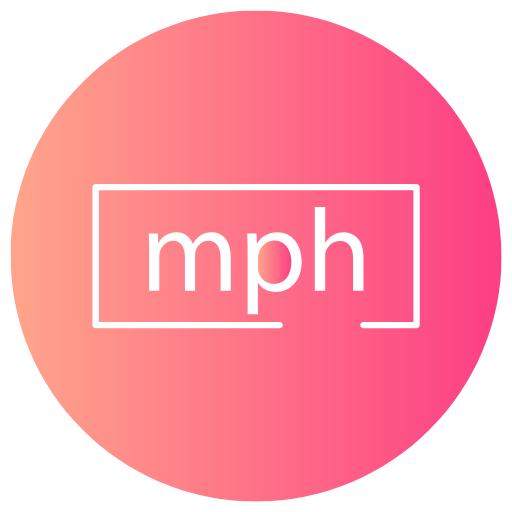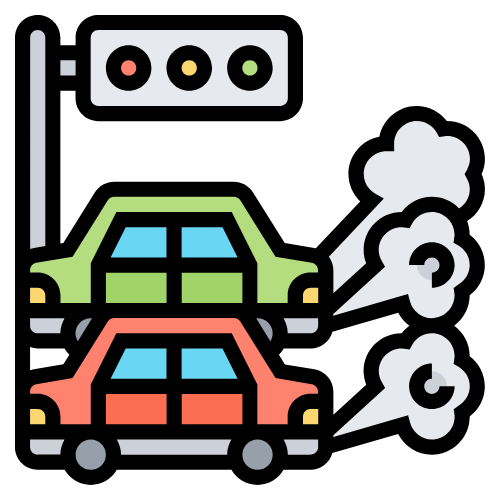About Renting House Calculator
How Does Renting a House Work?
When it comes to finding a place to live in the US, the options are plenty. Whether you're dreaming of a suburban house with a cosy garden or a chic loft apartment in the city, it's essential to first consider your choice between renting or buying. For many expats, renting is the go-to option, but purchasing property in the US is not as challenging as you might think, which is why some foreign nationals prefer to own a home.
But before diving into the property market, let’s focus on the renting process and all the things you need to be aware of.
Meeting Your Basic Housing Needs
When you're on the lookout for a rental property, the first step is to ensure it meets your essential needs. Can you afford the rent comfortably within your budget? Is the location both convenient and safe? And more importantly, does it meet your specific requirements? For example, are pets allowed? If you're an animal lover, this could be a dealbreaker.
It’s also important to have a clear understanding of how rent payments work, how to report any maintenance issues, and what your responsibilities will be when the time comes to move out.
Avoiding Scams in the Rental Market
Unfortunately, rental scams can happen, so it’s important to take steps to protect yourself. Always make sure that the person renting the property to you is indeed the legal landlord. Never hand over cash for rent payments and always insist on a written agreement. It provides a legal foundation, ensuring both you and the landlord are protected.
Documents You’ll Need
To make the rental process smoother, come prepared with the necessary documents. A current passport or driver’s licence is usually required for identification purposes. Most landlords will ask to see your bank statements from the last three months to verify you can afford the rent. If you're employed, bring along an employer letter that includes your job title, start date, and salary information. If you're a student, be ready to show proof of any scholarships or other financial support.
It’s also a good idea to have a letter of reference from a previous landlord, confirming that you were a responsible tenant who paid rent on time. Make sure the letter includes a contact number or email for verification.
Renting a House vs. an Apartment: Which is Better?
If you’re weighing up the pros and cons of renting a house versus an apartment, you're not alone. Renting an apartment may be cheaper, but for some, the benefits of a house far outweigh the extra cost.
If you have a large family or simply need more room, a house is often the better option. Houses typically have more bedrooms and bathrooms, which is ideal if you're sharing with others. This additional space allows everyone to have their privacy and helps maintain harmony within the household.
Moreover, houses often come with outdoor space – a private garden, for instance – where you can relax with a cup of tea, let the kids play, or give your pet a good run-around. This isn’t always possible with apartment living, especially in older buildings.
Another big plus is parking. While some apartments do offer parking spaces, this isn't guaranteed, particularly in older or urban properties. A house usually comes with a driveway or garage, which can be a real bonus if you have multiple cars.
Privacy and Noise Levels
Let’s be honest: privacy can sometimes be an issue in apartments. With neighbours living just a wall away, noise can become a problem. Whether it’s the sound of their TV, kids running around, or loud conversations, the lack of personal space can get frustrating.
In a house, you’re much more insulated from such disturbances, which is perfect if you're someone who values peace and quiet.
Steps to Renting a House
Now, if you’re ready to go ahead and rent a house, the process can seem a bit daunting at first, but it doesn’t have to be.
-
Choose a Location – Decide where you want to live and how much you can afford. This will help narrow down your options.
-
Real Estate Agent or DIY – Next, decide if you want to use a real estate agent or find a property yourself. Real estate agents can make the process smoother by finding the best options for you, setting up viewings, and explaining rental terms. However, be aware of who pays the agent. In some places like New York, the tenant pays the agent, which can cost you an extra month’s rent.
-
View the Property – Once you find a potential home, arrange a tour. This gives you a chance to see if it matches the photos and meets your needs. You can also make a note of any details that stand out and compare it to other properties you’ve viewed.





